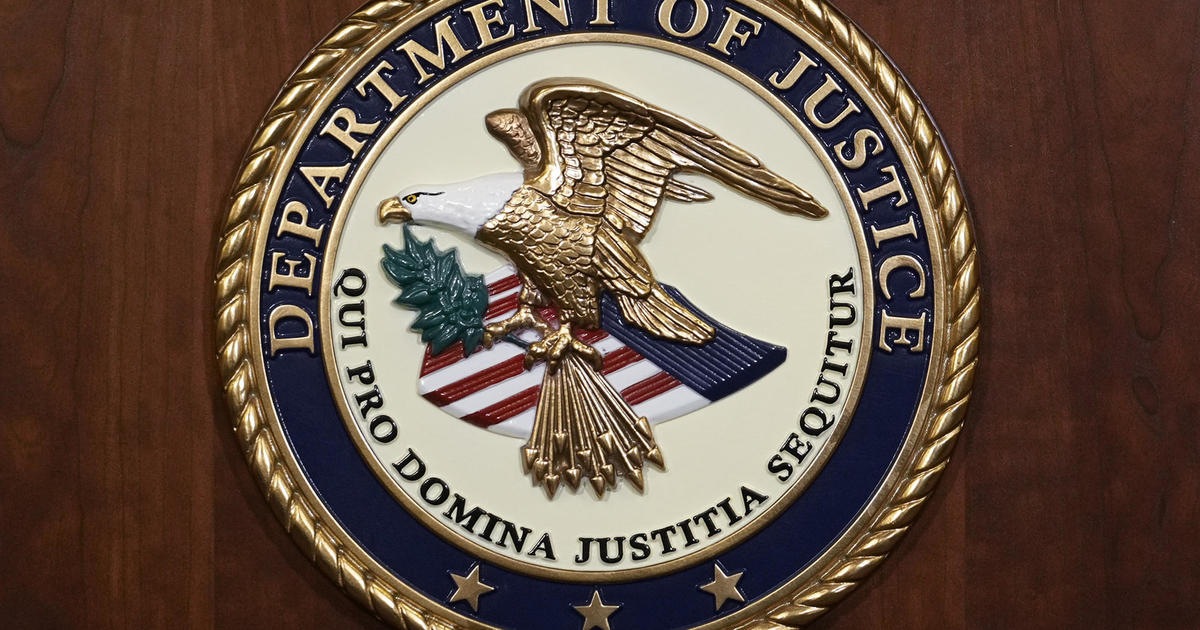The Justice Department’s recent indictment of Vikash Yadav, an Indian government employee, for a murder-for-hire plot targeting a Sikh separatist leader in New York City highlights a concerning trend of transnational assassination attempts. This incident, along with similar events in Canada, underscores the lengths to which some foreign governments may go to silence dissent and suppress activism on foreign soil. The case underscores the importance of international cooperation in combating such threats and the crucial role of U.S. law enforcement in protecting its citizens from foreign interference.
The Murder-for-Hire Plot and its Implications
Details of the Case
The case revolves around a conspiracy to assassinate Gurpatwant Singh Pannun, a prominent Sikh separatist leader residing in New York City and a vocal critic of the Indian government. Vikash Yadav, the Indian government employee, allegedly orchestrated the plot by recruiting Nikhil Gupta, who in turn attempted to hire a hitman. Crucially, the hitman was an undercover federal agent, enabling authorities to expose the entire conspiracy. Gupta, apprehended in Prague, was subsequently extradited to the United States to face charges. The planned assassination was to be carried out on American soil, representing a brazen attempt to subvert U.S. sovereignty and suppress free speech within its borders. The alleged plot highlights a pattern of transnational political violence, underlining the lengths to which some actors will go to silence critics and suppress dissent.
The Significance of the Indictment
The indictment of Yadav carries significant weight. It demonstrates the United States’ unwavering commitment to prosecuting those who attempt to undermine its laws and endanger its citizens, irrespective of the perpetrators’ nationality or affiliations. Attorney General Merrick Garland’s statement emphasizes the Justice Department’s determination to hold accountable anyone involved in such activities. This strong response serves as a deterrent to other potential perpetrators and reaffirms the United States’ resolve to protect the safety and security of its residents, particularly those who might be targeted for their political beliefs. The successful prosecution of Yadav, alongside the ongoing investigations and potential prosecutions of other conspirators, will provide much-needed accountability and send a powerful message against state-sponsored violence and attempts at silencing dissent.
The Broader Context: Transnational Repression
The Canadian Expulsions
The timing of the Yadav indictment is notable, coinciding with Canada’s expulsion of six Indian diplomats, including the high commissioner, due to their alleged involvement in the assassination of Hardeep Singh Nijjar, another Sikh activist in Canada. These concurrent events highlight a worrying pattern of alleged extrajudicial actions by Indian intelligence agencies targeting Sikh separatist leaders residing abroad. Both incidents are serious violations of national sovereignty. The Canadian government’s swift action in this case shows that nations are increasingly recognizing and reacting against transborder operations aiming to silence dissent or conduct extrajudicial killings. This concerted action suggests a potential rise in global pressure to address state-sponsored cross-border violence and hold responsible parties accountable.
The Threat to Free Speech and Democracy
The attempts to silence Gurpatwant Singh Pannun and Hardeep Singh Nijjar highlight a broader concern about the repression of free speech and democratic principles. Both individuals were outspoken critics of the Indian government, advocating for the creation of a separate Sikh state, known as Khalistan. These attacks demonstrate how individuals may resort to dangerous measures to eliminate those who advocate for causes perceived as threats. The targeted nature of these attacks reinforces the notion that these acts aren’t simply crimes, but an active attempt to quell dissent and suppress political opinions. The successful prosecution of Yadav and any resulting action against other individuals, potentially in cooperation with international partners, can strengthen the global framework against state-sponsored attempts to infringe on free speech and democratic processes.
The U.S. Response and International Cooperation
The Role of U.S. Law Enforcement
The successful prosecution of Yadav showcases the capability and commitment of U.S. law enforcement agencies to investigate and prosecute complex transnational criminal conspiracies. The undercover operation that exposed the plot demonstrates the effectiveness of proactive measures in disrupting potential attacks and bringing perpetrators to justice. Cooperation between different federal agencies played a critical role in both investigating and prosecuting this case, illustrating how multiple government institutions can successfully coordinate in pursuit of a common objective. The strength of such collaborations in successfully unveiling the plot underscores the effectiveness of robust intelligence gathering and coordination.
International Implications and Collaboration
These recent developments necessitate enhanced international cooperation to address cross-border political violence. The coordinated actions by Canada and the United States send a strong message to other countries engaging in similar activities. It suggests that the global community increasingly shares an understanding that there should be stricter consequences for individuals and states that violate the sovereignty of others. This suggests that the pursuit of accountability requires international collaborative intelligence efforts. The combined actions by Canada and the U.S. emphasize the growing acknowledgment of state-sponsored threats to global stability and demonstrate a coordinated approach towards disrupting and deterring such future incidents. Future international legal and political actions will need to leverage such cooperation to address similar incidents proactively.
Take Away Points
- The successful prosecution of Vikash Yadav demonstrates a clear commitment by the U.S. to protect its citizens from foreign threats.
- The case, along with events in Canada, exposes the growing concern of transnational repression aimed at silencing dissent.
- The U.S. response underscores the importance of robust intelligence gathering, international cooperation, and unwavering commitment to uphold the rule of law in combating state-sponsored violence.
- This serves as a warning to other nations engaged in similar activities, signaling increased global scrutiny and possible consequences.
- The incident emphasizes the vital need to bolster free speech protections, particularly for those living abroad who might be facing political persecution.




